Summary of Turkey’s hyper-presidential regime: Skyrocketing inflation, increasing human rights violations
Since 2018 with the introduction of the presidential regime in Turkey, the AKP government has failed to adequately control natural disasters, skyrocketed inflation, further increased human rights violations and withdrawn from the Istanbul Convention aimed at protecting women from violence.
Duvar English
In April 2017, today’s hyper-presidential system was voted in a referendum in Turkey under state of emergency conditions. The system was approved by 51.41% of the votes, abolishing Prime Minister duty for the first time in the history of the Republic of Turkey since 1923. With the 2018 elections, Turkey transited into the new regime
Since then Turkey has suffered a COVID-19 pandemic, economic turmoil, exchange rate crisis, two major earthquakes on the same day, forest fires, corruption allegations of major ruling Justice and Development Party (AKP) figures, deadly bombings, opposition victory in local elections, and more.
The daily BirGün has compiled the outcome of the presidential regime and showed further deterioration in each field in the country.
Economy
Since 2017, Turkey has seen four different Finance and Treasury Ministers, four Central Bank chairs and five Turkish Statistical Institute (TÜİK) chairs.
The cost of living in Turkey has skyrocketed under the presidential regime.
Inflation has been stoked by a currency crisis at the end of 2021 and hit a 24-year peak of 85.51% in October 2022. This figure was 185.34 percent according to the ENAG Inflation Research Group, an independent institution set up in 2020 to track the country’s “real” inflation.
The central bank cut its policy rate despite soaring inflation to preserve growth momentum.
According to the World Bank, Turkey ranked fifth in the world in food inflation with 67 percent in March 2023. In April 2016, food inflation was only 4.01 percent in Turkey.
According to the Confederation of Turkish Trade Unions (Türk-İş), the hunger threshold was 1,387 liras and the poverty threshold was 4,518 liras in April 2016. In March 2023, the hunger limit increased to 9,591 liras and the poverty threshold to 31,241 liras.
There was an increase of almost 10 times in the exchange rate. The dollar rate was 2.8 lira on April 15, 2016. It is between 19-20 lira nowadays. The Euro exchange rate rose from 3.2 lira to 21.4. While the price of gram gold was 113 liras, it became 1,246 as well.
Unemployment also increased during this period. Although unemployment decreased according to TÜİK data, the broadly defined number of unemployed was 5.9 million in 2016 according to Confederation of Progressive Trade Unions of Turkey (DİSK) data. According to the latest figures, this figure was 8.9 million.
Disaster Management
During the COVID-19 pandemic it was widely assumed that the government was tampering with COVID-19-related data. Experts, opposition mayors, and professional organizations like the Turkish Medical Association (TTB) claimed and presented data that the government was concealing the truth from its citizens and the rest of the world.
Similarly, the number of citizens who have died in the Feb. 6 earthquakes stands at 50,399, but experts fear that the number is much higher, taking into consideration the thousands of buildings that collapsed.
Besides pre-earthquake preparation, the Turkish government faced severe criticism over its failure to take timely action in the face of two earthquakes. Late response to the quakes possibly increased fatalities as thousands were waiting to be rescued from under the rubble in 11 provinces.
Meanwhile, the government on Feb. 8 restricted Twitter for several nine hours following severe criticisms of the government’s response to the earthquakes even though the social media app was a key communication platform for thousands of people to share information and location about their beloved ones under the rubble to help them to be rescued.
On the other hand, 198,599 forest areas were burned due to forest fires between 2016-2021. The government’s inability to adequately respond to the fires extended the damage.
Judiciary
Before the regime change, the government argued that "the judiciary will be not only independent but also impartial," but after the referendum, it became more dependent and completely partial.
In 2016, 4,936 people were prosecuted due to the Articles 299-301 of the Turkish Penal Code, which includes “insulting the president.” This figure was 7,600 in 2022. 53 of these cases were against children between the ages of 12-14.
There was also a huge increase in the investigations launched under Article 216 over “inciting hatred and hostility among the public.” In 2016, 4,460 people were investigated and 1,075 people were prosecuted under the article. In 2021, 23,919 investigations and 1,953 lawsuits were launched under this article.
Turkey, which ranked 99th in 2016 in the Rule of Law Index published by the World Justice Project, ranked 116th in 2022.
Ineffective Parliament
Hundreds of deputies in the Parliament could not enact laws as much as the decrees issued by President Recep Tayyip Erdoğan alone. The number of laws enacted in the Parliament was 139, excluding international agreements, during this period. With these 139 laws, 3,254 articles were changed.
Erdoğan issued 140 presidential decrees alone. With these decrees, 2,880 articles came into effect.
During this term since 2018, 80,107 motions were submitted to the Parliament. 41,883 motions could be answered by the ministers after the legal deadline. A total of 26,888 motions were not answered at all.
Press
Opposition media sources’ right to advertise has been denied for various reasons. In 2020 alone, opposition newspapers such as Cumhuriyet, Sözcü, BirGün and Evrensel were penalized and banned from placing advertisements for a total of 803 days in their publications.
Turkey’s media watchdog Radio and Television Supreme Council (RTÜK) banned only one program from broadcasting in 2016. Between 2019 and 2021, it suspended 505 programs. Opposition channels were fined for criticizing the government's rescue efforts in the aftermath of the major Feb. 6 earthquakes
In 2022, 263 journalists were put on trial in 174 cases.
Women Rights
At least 334 women were murdered by men in 2022, while 245 women were found dead under suspicious circumstances over the same period, according to data by We Will Stop Femicides Platform.
On March 20, 2021, President Recep Tayyip Erdoğan signed the presidential decree to withdraw from the Istanbul Convention, which is specifically designed to tackle systematic and widespread violence against women.
On July 1, 2021, the country formally left the convention, triggering massive protests and anger from women’s rights groups, who believed the agreement was essential.
Turkey was the first country to ratify the treaty in 2011.
Moreover, last month Erdoğan's AKP extended its alliance with Sunni-Islamist New Welfare Party (YRP) which staunchly supports the withdrawal from Law No. 6284 to Protect Family and Prevent Violence Against Women.
Labor Rights
From 2002, when AKP came to power, to 2015, eight labor strikes were banned, affecting 38,050 workers. Since 2017, 12 strikes have been banned, affecting 156,899 workers.
Turkey at the crossroads
The parliamentary and presidential elections will be held together on May 14 in a historic year as 2023 marks the 100th anniversary of the foundation of the Republic of Turkey.
The main opposition bloc Nation Alliance, consisting of six parties, sees this election as an opportunity to introduce the parliamentary system again in Turkey.
Nation Alliance’s joint presidential candidate and Republican People’s Party (CHP) leader Kemal Kılıçdaroğlu has been showing a completely opposite picture from his rival Erdoğan with a rhetoric of unification rather than polarization. He offers to end corruption and bring justice to the country while political parties in a wide spectrum support him against Erdoğan, including socialists, pro-Kurdish ones, liberals, Islamists, nationalists.

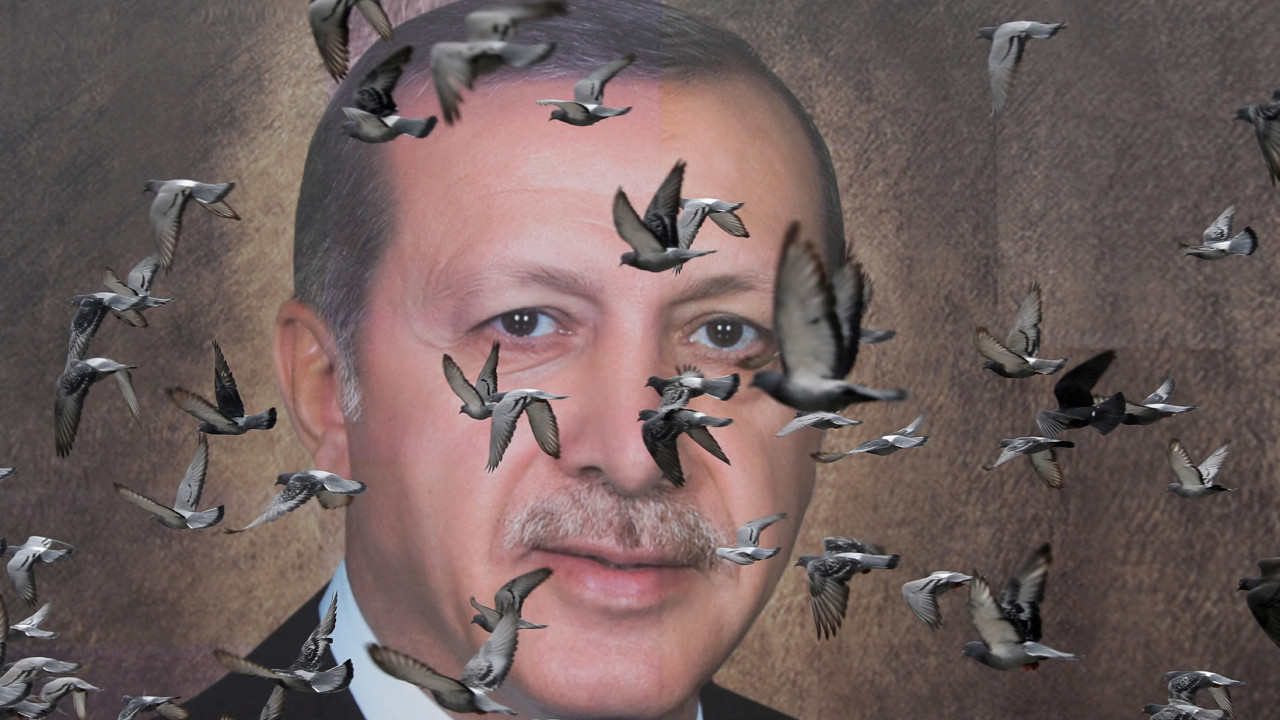 AKP voters in Istanbul’s Bağcılar: ‘Enough is enough’Politics
AKP voters in Istanbul’s Bağcılar: ‘Enough is enough’Politics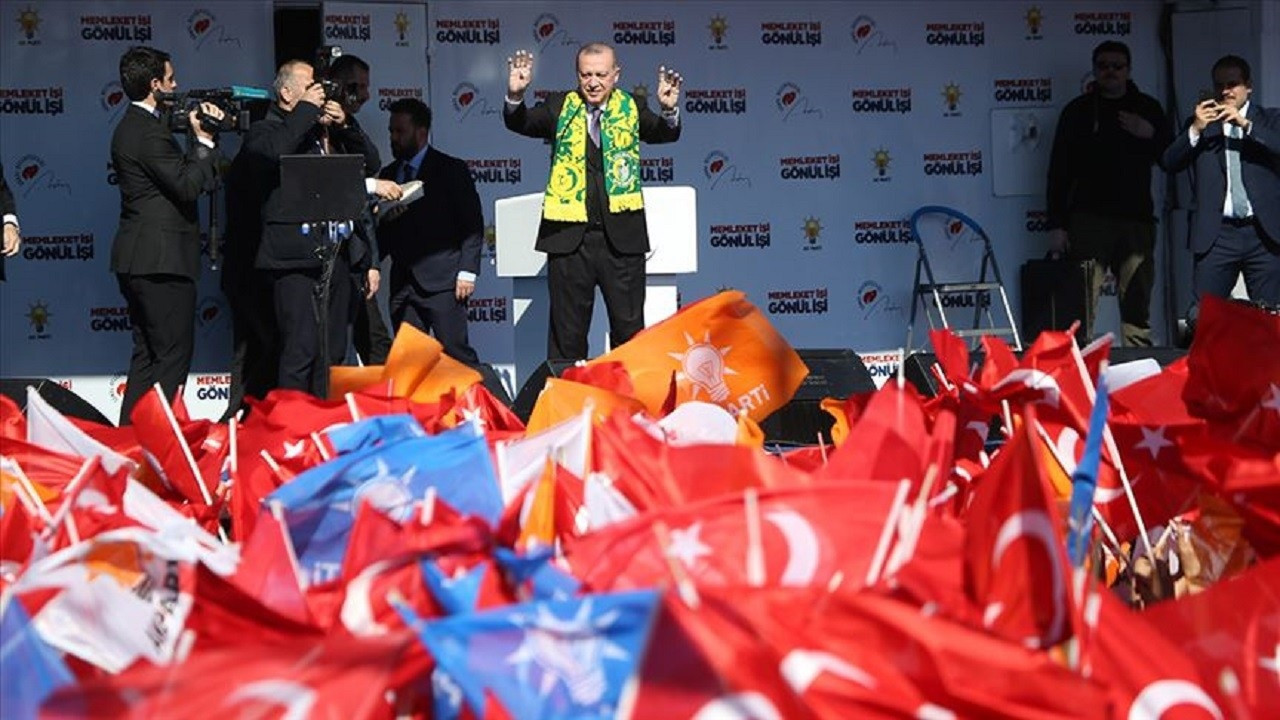 AKP’s 21st anniversary: Is end near?Politics
AKP’s 21st anniversary: Is end near?Politics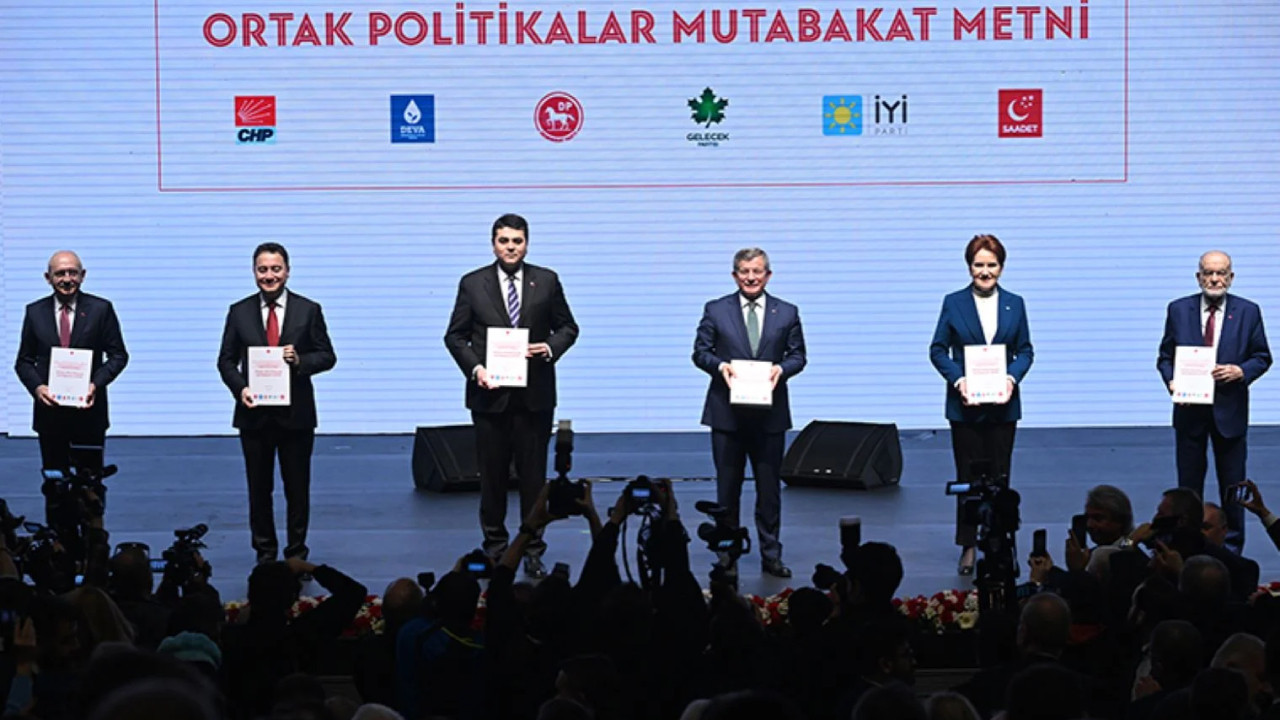 Turkish opposition bloc announces election manifestoPolitics
Turkish opposition bloc announces election manifestoPolitics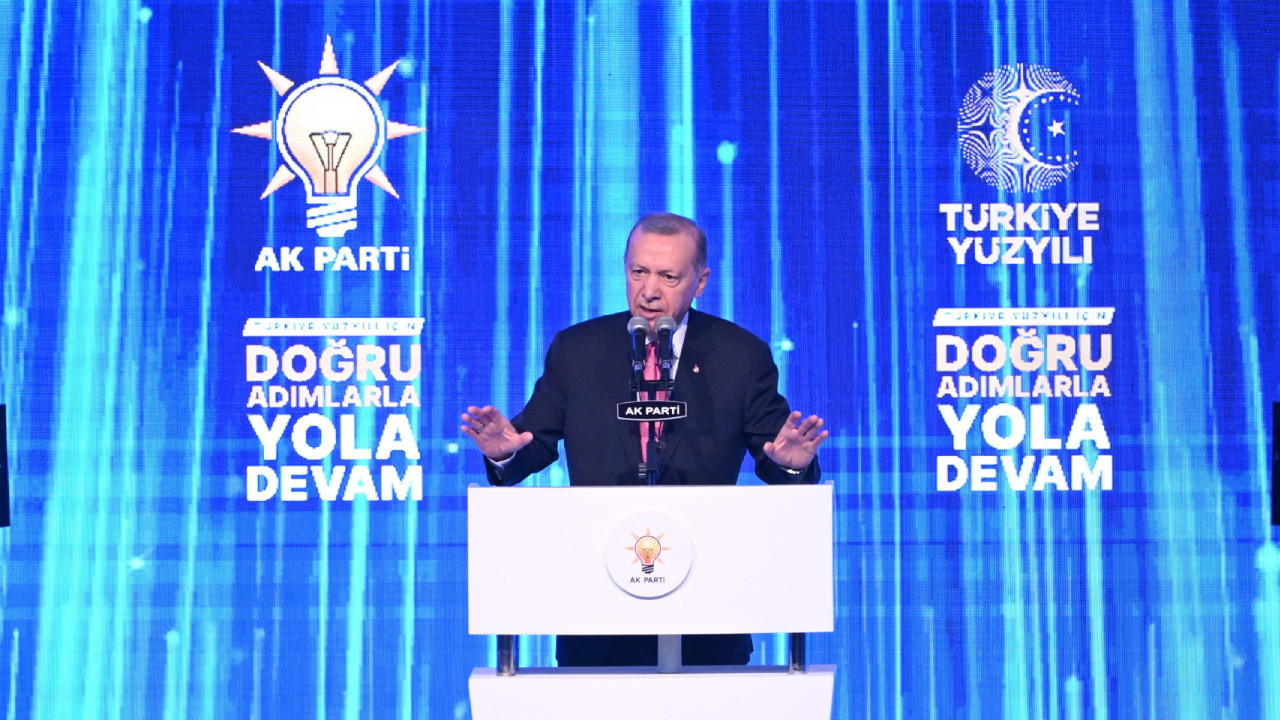 President Erdoğan announces AKP's election manifestoPolitics
President Erdoğan announces AKP's election manifestoPolitics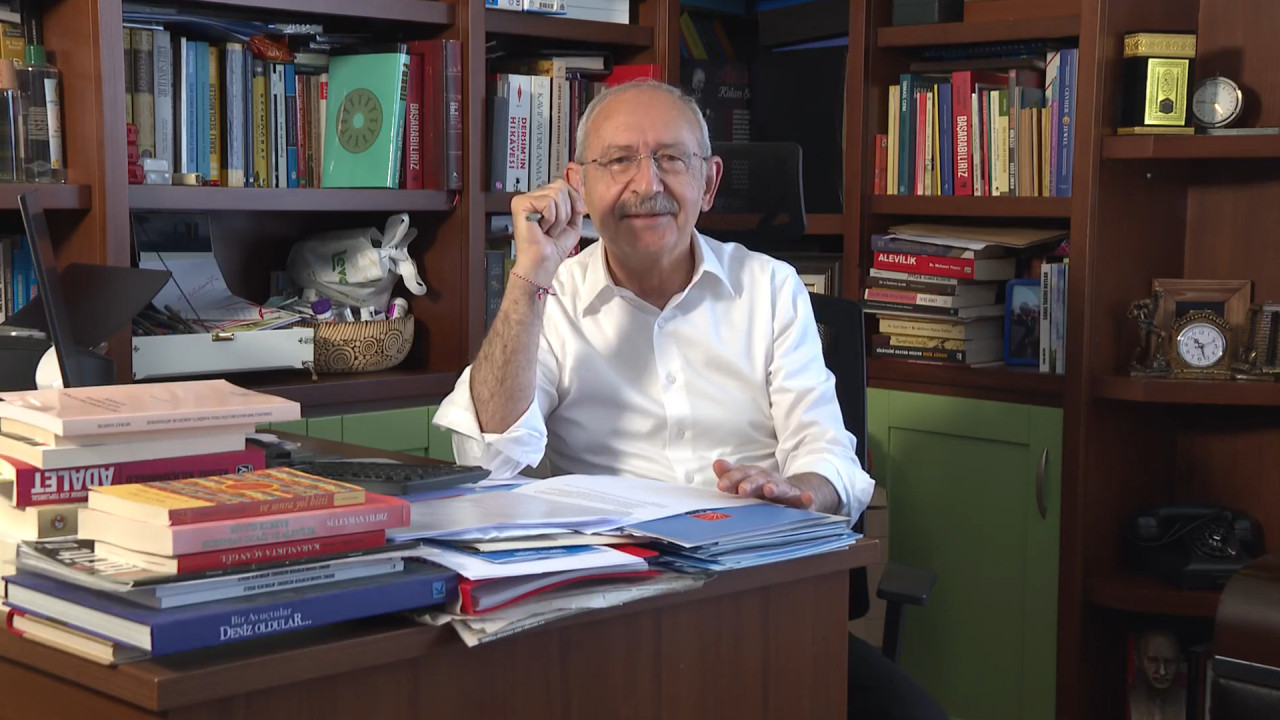 In historic speech, Kılıçdaroğlu talks about his Alevi heritage, says Turkey will overcome identity politicsPolitics
In historic speech, Kılıçdaroğlu talks about his Alevi heritage, says Turkey will overcome identity politicsPolitics